|
The Bloom Blog Blooming this week in the environs of Abiquiú By Wildflowers of the Southern Rocky Mountains Found in sunny, sandy, dry areas, waste ground
Seen blooming in April in Red Wash Canyon The Borage family are low growing, densely hairy plants and have flowers with five petals. Cryptanthas are distinguished by their tiny white clusters of flowers with a yellow center, the “eye”. They are commonly known as Cat’s Eyes. Plants will often show last year’s dried stems and leaves. This one grows to about 6 inches high in clumps. Native Americans, specifically the Navajo, used Tawny Cat’s Eye for medicinal purposes: a decoction of plants was taken at childbirth, a cold infusion was used to treat snakebites, a poultice applied for toothaches and the plants were chewed for coughs and colds. Source. If you are trying to identify a different flower then you can check what other flowers bloom this month. If you cannot identify a flower from the website, send a photo and where you took it to [email protected]. Read online for tips.
0 Comments
The Bloom Blog Blooming this week in the environs of Abiquiú By Wildflowers of the Southern Rocky Mountains Image Courtesy of Mario Manzo
Found in open sandy and rocky areas Seen blooming in September in Red Wash Basin Dotted Blazing Star grows to 32 inches with unbranched stems and narrow leaves. Small lavender to pale pink flowers grow in narrow spikes that bloom from the top down. It has a remarkable root system with lateral branches extending to 5 feet and the taproot reaching up to 16 feet. Domestic livestock like the Dotted Blazing Star, particularly sheep. Elk and White-Tail Deer also eat it; it is sometimes called Deer Potatoes. A variety of small rodents like it, especially the roots, and it is the only source of food for some butterflies. Native Americans used the plant for food and medicinal purposes. The root was boiled or baked before eating. Plains tribes used the Dotted Blazing Star to make a tea that was used for kidney, bladder, and menstrual problems, water retention, gonorrhea, colic, sore throat and laryngitis. Mashed roots were applied to snake bites. Dry roots were burned like incense to relieve headaches, nosebleeds, and tonsillitis. Source. If you are trying to identify a different flower then you can check what other flowers bloom this month. If you cannot identify a flower from the website, send a photo and where you took it to [email protected]. Read online for tips. Common Ragweed, Bitterweed, Annual Ragweed,Ambrosia artemisiifolia,Sunflower Family (Asteraceae)9/18/2024 The Bloom Blog Blooming this week in the environs of Abiquiú By Wildflowers of the Southern Rocky Mountains By Marilyn Phillips
Found in disturbed areas Seen blooming in September near Hwy 554 Ragweed pollen is considered the number one cause of hay fever in the late-summer and fall. Each plant can produce over a billion grains of pollen per season which occurs from mid-August until frost. It is also a prolific producer of seeds that provide food for birds and small mammals. Common Ragweed grows from one to three feet tall with deeply cut, softly hairy, fern-like leaves. Flowers are tiny and yellow-green. Male flowers grow above the female flowers on the same spike. Seeds are enclosed in a hard bur. Despite its bad reputation, Native Americans found many medicinal uses for it. Crushed leaves were applied externally to insect bites, rheumatic joints and various skin complaints, internally they are used as a tea in the treatment of fevers, pneumonia, nausea, intestinal cramps, diarrhea and mucous discharges. Juice from the wilted leaves is disinfectant and was applied to infected toes. A tea made from the roots was used in the treatment of menstrual disorders and stroke. The plant was used for toilet paper. Today, the pollen is harvested commercially for use in pharmaceuticals designed to treat hay fever. Source. If you are trying to identify a different flower then you can check what other flowers bloom this month. If you cannot identify a flower from the website, send a photo and where you took it to [email protected]. Read online for tips. The Bloom Blog Blooming this week in the environs of Abiquiú By Wildflowers of the Southern Rocky Mountain By Marilyn Phillips
Found in moist, alkaline meadows Seen blooming in September near the Rio Chama Fiddleleaf Hawksbeard is a hairless plant growing to two feet tall with only one or two small leaves on the stem and mostly basal leaves forming a rosette. Basal leaves are less than one inch wide, only slightly toothed. The dandelion-like flowers are about one inch across with petals that have five small teeth at the tip. Traditionally, the leaves were eaten, a poultice of the whole plant was applied 'to open up a carbuncle or cancer' and an infusion of young plants drunk for homesickness and lonesomeness. Source. If you are trying to identify a different flower then you can check what other flowers bloom this month. If you cannot identify a flower from the website, send a photo and where you took it to [email protected]. Read online for tips. The Bloom Blog Blooming this week in the environs of Abiquiú By Wildflowers of the Southern Rocky Mountains By Marilyn Phillips
Found in open, sandy areas Seen blooming in late August near Hwy 554 This delicate plant grows to 18 inches with many branches, and slender grey-green leaves and stems. Flowers are white, light blue or lavender with a floral tube up to 3 inches long. It blooms from spring to fall depending on the rains, as so many do. Native Americans had many uses for the plant and used it to treat a variety of ailments. A decoction of the leaves was taken for stomachaches; crushed leaves and flowers were steeped into a tea that was taken for headaches, used on sores, and as a hair tonic to prevent baldness and lengthen the hair; and the plant was chewed together with salt to treat heartburn. An infusion of roots was used to eliminate the ozone in cases of lightning shock. An infusion of the flowers was mixed with feed and given to sheep with stomach disorders. The Zuni people use the dried, powdered flowers to create a poultice to remove hair on newborns and children. The Navajo used the plant to make a prebreakfast drink which was taken to make the person 'bark' or sing loudly for the Squaw Dance. Source. If you are trying to identify a different flower then you can check what other flowers bloom this month. If you cannot identify a flower from the website, send a photo and where you took it to [email protected]. Read online for tips. |
AuthorI am Marilyn Phillips, a native of England, whose love of nature and the outdoors from childhood brought me by a circuitous route to Crested Butte, Colorado in 1993 and 16 years later to northern New Mexico. My exploration of the many trails in these areas, my interest in wildflowers and photography, and career in computer system design came together in this creation. If you have any corrections, comments or questions, please contact me by email. Archives
September 2025
Categoriescopyright © 2020
|

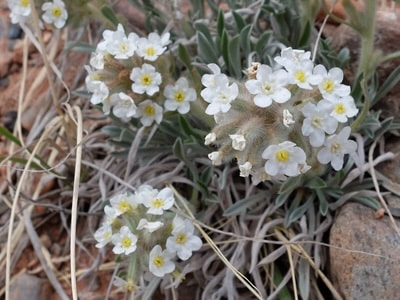
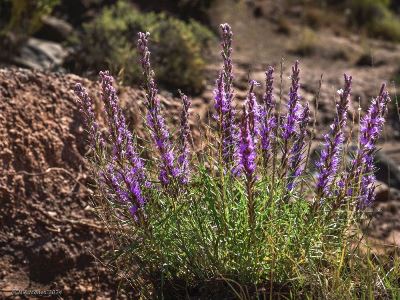
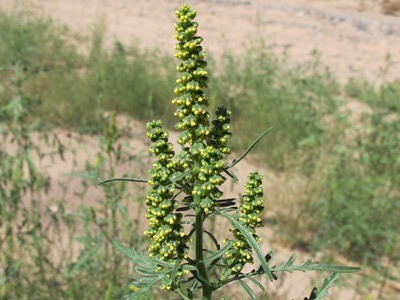
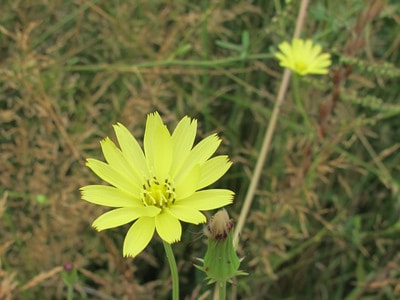
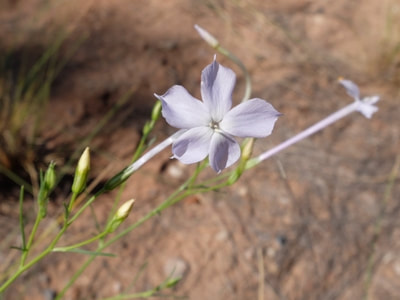

 RSS Feed
RSS Feed